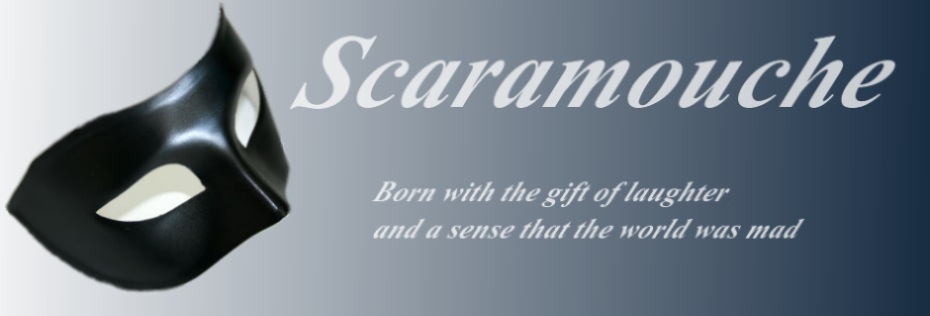Re: Human Rights On The Menu, Jonathan Kay, Sept. 19.
Jonathan Kay’s column reflects a common misconception about the Canadian Museum for Human Rights (CMHR) in Winnipeg. Canada’s newest national museum will be a place of education and inspiration — and also completely unlike any other institution people have visited anywhere else in the world.
This is not a collection of the world’s greatest human rights violations. Building memorials to honour the memory of victims of atrocities is important, but the CMHR takes a different approach. The CMHR is the only museum in the world solely dedicated to exploring the concept of human rights itself. As an “ideas museum,” it begins with that concept — not a collection. Our thematic approach is focused on the elements required to build a better future: hope and hard work, breaking silence, building awareness and taking action. To connect people to human rights, we must first capture their attention. Stunning architecture, immersive multi-media exhibits and powerful themes will create a memorable visitor experience.
Winnipeg can become a global hub for human rights education and an exciting travel destination, with an iconic museum as the centrepiece. An appetite for human rights learning can become a passion for making a difference.
Stuart Murray, president and CEO, Canadian Museum for Human Rights, Winnipeg."An appetite for human rights" can, and has, become a farce, witness Canada's nutty and intrusive "human rights" apparatus (on the domestic level), and the UN's heinous "human rights" body, where tin pot dictatorships get to be the arbiters of the world's "rights" and mostly pass their time passing innumerable anti-Israel resolutions.
Being forced to swallow that sort of diet ought to give any freedom-lover a serious case of dyspepsia.
Update: Get set for a swanky eatery amidst all the genocide and hectoring:
The museum restaurant will include a patio but it won't be the only place to eat at the $351-million facility. Food and drink will be served at a number of smaller break-out areas throughout the museum.
The restaurant will showcase Manitoba cuisine and support local producers.
It will align with human rights principles such as fair trade and environmental responsibility. Lunch entrees will be available for $10 to $12.
"We will stand with the top restaurants in Winnipeg," said Ben Sparrow, general manager at Inn at the Forks.
The restaurant has not yet been named.The Barbara Hall? The Kill 'n' Grill? The Navi Pilaf? The Richard Falk Special Rapporteurium and Oyster Shuckery?...
Update: The Holodomor Diner? Bistro Bergen-Belsen? The Residential School Cafeteria? Bashar al-Assad's Alawite Eatery? The Rachel Corrie Creperie?
Update: But wait, it gets worse...:
Call it an invasion of the tall foreheads.
Pioneering feminist Germaine Greer and evolutionary psychologist Steven Pinker are among eight world-renowned public intellectuals confirmed for an international lecture series opening in two weeks to christen the Canadian Museum for Human Rights.
Seven of the eight will speak in the museum -- the first three in the Manitoba Teachers' Society 100-seat classroom, because the main hall is unready -- even though the museum is not scheduled to open until sometime in 2014.
The series, titled Fragile Freedoms: The Global Struggle for Human Rights, is the brainchild of the University of Manitoba's Centre for Professional and Applied Ethics.
The centre's director, Arthur Schafer, has been working for almost three years to nail down the series lineup.
"The idea is for the museum to be one of the world's leading educational centres," said Schafer, a well-known philosophy prof and national pundit on a variety of ethical issues.
"We want to stimulate debate, provide discussion and shed new light on the terribly important topics of human rights and global justice."
All eight lectures will be taped for later broadcast on the CBC Radio program Ideas...In other words, it's going to be a veritable cornucopia of the leftist/"progressive" wackiness. Which makes it all but inevitable that, at some point, singling out Israel for opprobrium (a.k.a. Zionhass) is bound to find its way onto the "human rights and global justice" menu.
Update: Can't hardly wait for this:
One of the premier spaces will be located in the Aboriginal Peoples of Canada gallery. It features a basket-shaped theatre with a wraparound video screen inside and wooden slats engraved by different aboriginal communities on the outside.
In the residential schools exhibit, the profile author writes visitors will feel "empathy for the damage suffered by families" because of residential schools. They will also "feel proud of Canada's apology," according to the document.
As for the Palestinian experience, museum spokesperson Angela Cassie said the topic hasn't been overlooked. The museum might address it through an art project, a story of someone who fights for Palestinian rights, and in the media literacy exhibit, she said.
“Wherever we can, we are going to look for opportunities to identify areas where people have worked to enhance human rights and have found opportunities to create discussion and dialogue in spite of conflict situations," she said...I suppose displaying a portrait of Hitler's pal, the Grand Mufti of Jerusalem, would be out of the question in the, um, "art project"? His visage would certainly create opportunities for discussion, no?

No comments:
Post a Comment